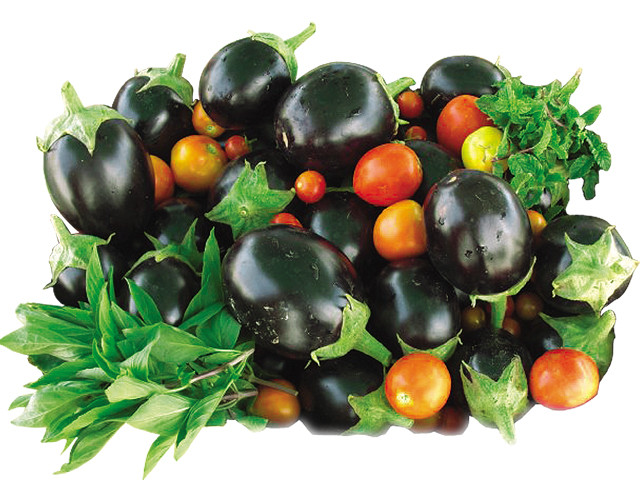Grow your own food the ancient way
Many gardeners appreciate organic gardening as it is free from man-made chemicals such as fertilisers and pesticides.

Why grow organic food?
Many gardeners appreciate organic gardening as it is free from man-made chemicals such as fertilisers and pesticides which can cause an imbalance in the ecological system.
Organic gardening is not only beneficial for you and the wildlife but also the organically-grown crops are healthier, tastier and guarantee freshness.
Five ways to get started
Take your farming practices back to the basics by following these five simple steps:
1. Give it back to the earth
Start off by making your own compost. Fruit and vegetable peelings, eggshells, tea bags, shredded paper, pruning and even fallen leaves can turn into a rich compost that will improve soil quality. Make a compost bin in which you can collect a balanced mixture of organic waste and let it decay.
2. Welcome wildlife in your garden
Pesticides that are sprayed on crops that we eat not only affects our health and environment but also kill beneficial insects that are less tolerant to these deadly chemicals.
These friendly bugs are nature's way of pest control. Attracting beneficial insects and wildlife to the garden will control many pests such as snails, slugs and greenflies. These friendly bugs are very sensitive to pesticides.
3. Encourage companion plantation
Crops with strong fragrances are grown along side other crops to avoid pest growth. Carrots and leeks should preferably be planted together because they drive each other's pests away. Dill attracts aphid-eating hoverflies. Strong scented flowers not only attract bees and other beneficial insects but also discourage pest attacks on crops. Garlic plants keep away aphids. Planting marigolds with tomatoes also ward off aphids.
4. Practice crop rotation
Growing crops on alternate plots each year avoids the speed of built-up in soil. Take care of plants so that they stay healthy and pest free.
5. Adopt natural weed control
Hoe the plot to get rid of weeds before they disperse their seeds. A layer of mulch can also prevent weeds from taking over the vegetable patch.
Adopt some if not all of the practices of organic farming and play your part in preserving nature.
Happy Gardening!
Published in The Express Tribune, October 31st, 2010.



















COMMENTS
Comments are moderated and generally will be posted if they are on-topic and not abusive.
For more information, please see our Comments FAQ